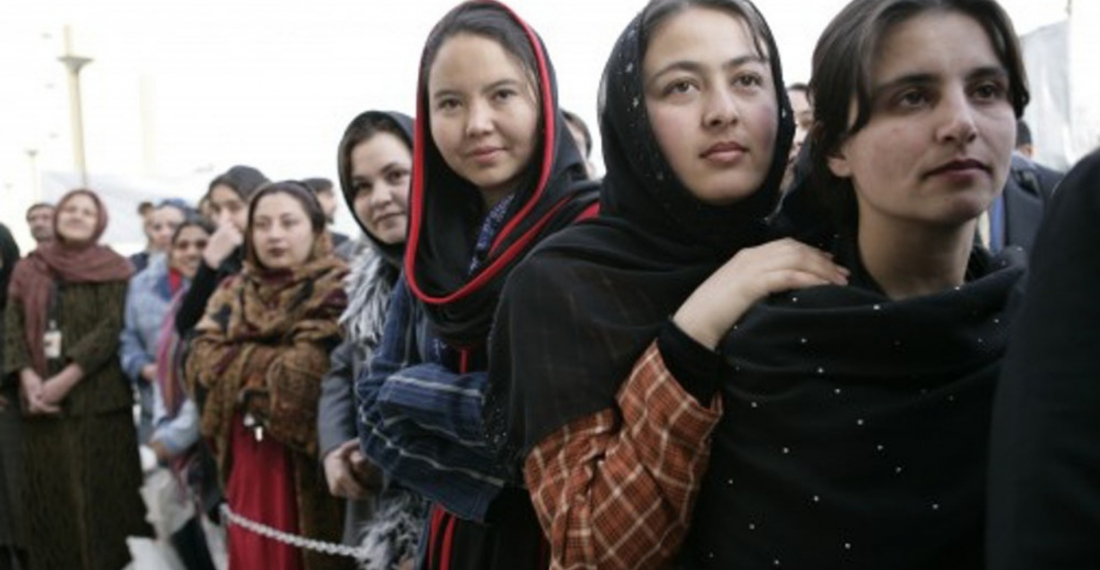The UN Security Council on Tuesday called for the full, equal and meaningful participation of women and girls in Afghanistan, denouncing a ban by the Taliban-led administration on women attending universities or working for humanitarian aid groups.
In the latest blow to women’s rights in Afghanistan since the Taliban reclaimed power last year, on Saturday the hard-line Islamist rulers banned women from working in non-governmental organizations, sparking international outcry.
The Taliban have already suspended university education for women and secondary schooling for girls.
The 15-member UN Security Council said in a statement agreed by consensus it was “deeply alarmed” by the increasing restrictions on women’s education, calling for “the full, equal, and meaningful participation of women and girls in Afghanistan.
It urged the Taliban “to reopen schools and swiftly reverse these policies and practices, which represents an increasing erosion for the respect of human rights and fundamental freedoms.
In its statement, the Council also condemned the ban on women working for NGOs, adding to warnings of the detrimental impact on aid operations in a country where millions rely on them.
“These restrictions contradict the commitments made by the Taliban to the Afghan people as well as the expectations of the international community,” it said.
UN Secretary-General Antonio Guterres said on Twitter on Tuesday that the restrictions were “unjustifiable human rights violations and must be revoked.” He added: “Actions to exclude and silence women and girls continue to cause immense suffering and major setbacks to the potential of the Afghan people.”
The university ban on women was announced as the Security Council in New York met on Afghanistan last week. Girls have been banned from high school since March.
The council said a ban on female humanitarian workers, announced on Saturday, “would have a significant and immediate impact for humanitarian operations in country,” including those of the UN.
“These restrictions contradict the commitments made by the Taliban to the Afghan people as well as the expectations of the international community,” said the Security Council, which also expressed its full support for the UN political mission in Afghanistan, known as UNAMA.
Four major global aid groups, whose humanitarian efforts have reached millions of Afghans, said on Sunday that they were suspending operations because they were unable to run their programs without female staff.
UN aid chief Martin Griffiths told the Security Council last week that 97 percent of Afghans live in poverty, two-thirds of the population need aid to survive, 20 million people face acute hunger and 1.1 million teenage girls were banned from school.
The Islamist Taliban seized power in August last year. They had largely banned education of girls when last in power two decades ago but had said their policies had changed. The Taliban-led administration has not been recognized internationally.






